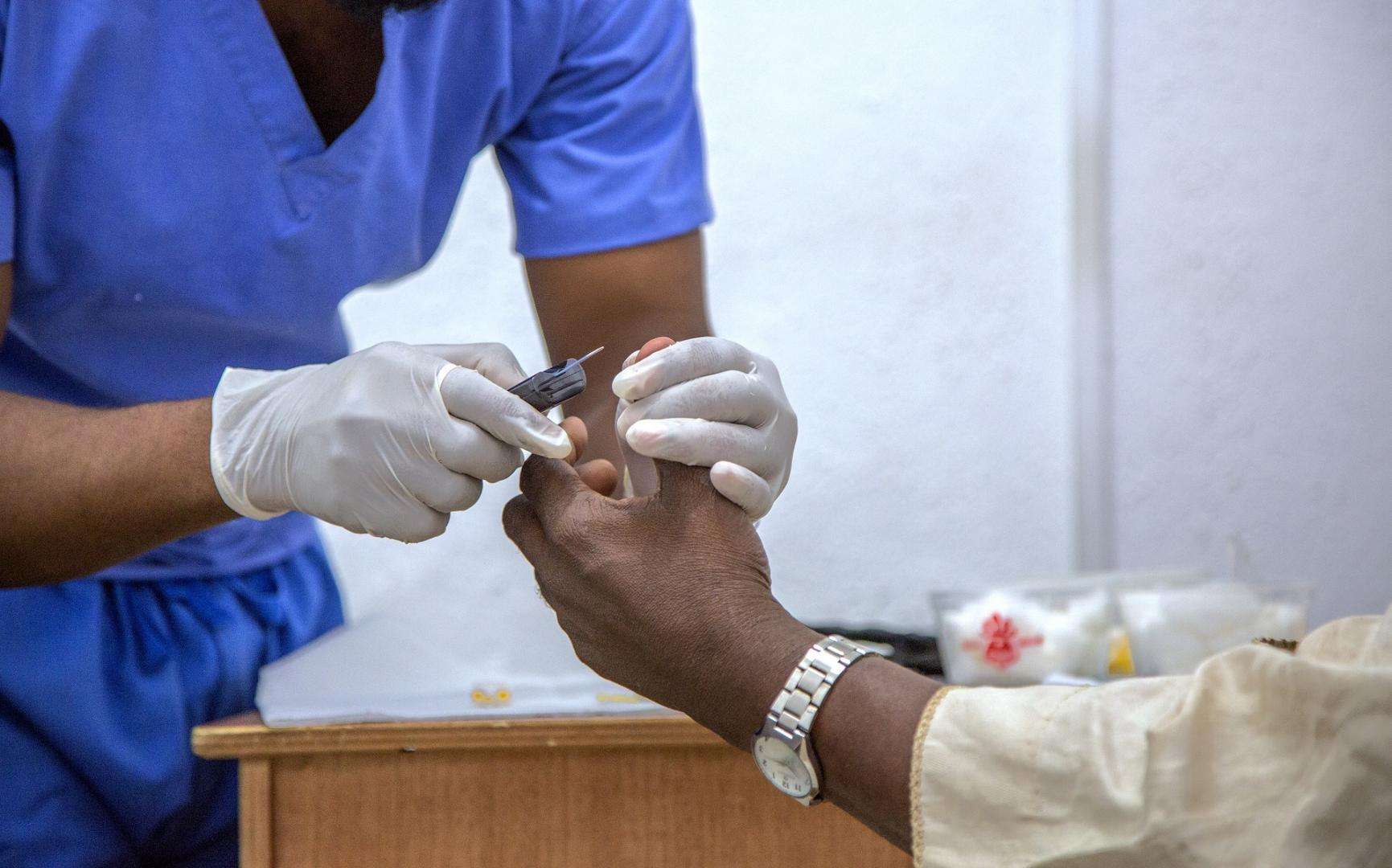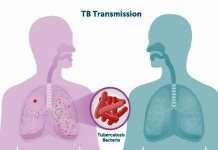
About 46 per cent of Congolese, approximately 1.2 million, do not know their diabetes status, according to a recent report from the World Health Organisation (WHO).
The apex health agency disclosed this in a new report on Monday, 14 November, 2022, via its official website in commemoration of the World Diabetes Day, which had the theme “Access to Care.”
With Africa already having the worst rates of disease-related death in the whole globe, the agency called for better access to quality diabetes care as well as the importance of prevention and response.
Lack of testing equipment and facilities, a dearth of educated medical workers, difficult access to medical facilities, and a general lack of knowledge about diabetes are some of the obstacles to diabetes testing in Africa the agency observed.
The standard death rate for diabetes in the African region is 48 per 100 000 people, more than double the global rate of 23 per 100 000, and is higher than the global average of 48 per cent.. Premature deaths from diabetes, which are defined as deaths occurring before the age of 70, account for 58 per cent of all deaths in the region.
Only one in two people in the region who have type 1 diabetes, the most prevalent form of pediatric diabetes, have access to insulin therapy.
“One of the greatest challenges to diabetes care is lack of diagnosis. Without testing, diabetes becomes a silent killer. While countries face several barriers to tackling diabetes, the rising prevalence of the disease is a wakeup call to reinforce healthcare, improve diagnosis, access to life-saving diabetes medicines and prioritize diabetes as a major health challenge,” said Dr Matshidiso Moeti, WHO Regional Director for Africa.
In May 2022,WHO noted that nations came to an agreement on important global goals aimed at enhancing diabetes diagnosis and access to equitable, comprehensive, inexpensive, and high-quality care. According to the WHO Global Diabetes Compact’s objectives, 80 per cent of persons with diabetes should be diagnosed, and 80 per cent of those who are, should have adequate blood pressure and blood sugar management.
Additionally, it stated that nations should work to guarantee that all persons with type 1 diabetes have access to reasonably priced insulin, blood glucose monitoring, and that 60% of diabetics aged 40 and older have access to medications that decrease cholesterol. Diabetes increases the likelihood of hypertension and makes people more likely to have high cholesterol, both of which are risk factors for cardiovascular disease.
For people living with diabetes, access to affordable treatment, including insulin, is critical to their survival. Limited access to insulin puts their lives in danger. In rural Mozambique, for instance, the life expectancy of a child with type 1 diabetes is as low as seven months. Type 1 diabetes is due to the body’s inability to produce enough insulin, a hormone that regulates blood sugar.
Between 2011 and 2021, the region recorded a five-fold rise in type 1 diabetes among children and teenagers below 19 years, with cases surging from 4 per 1000 children to nearly 20 per 1000.










